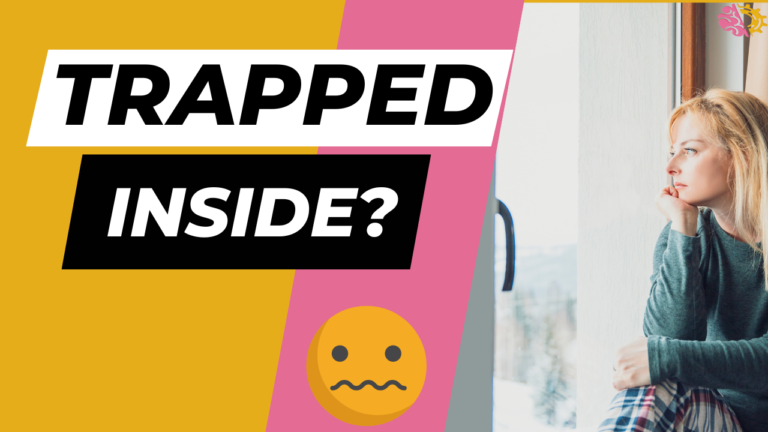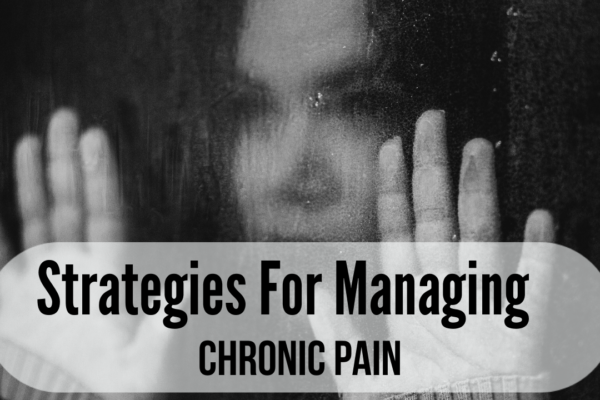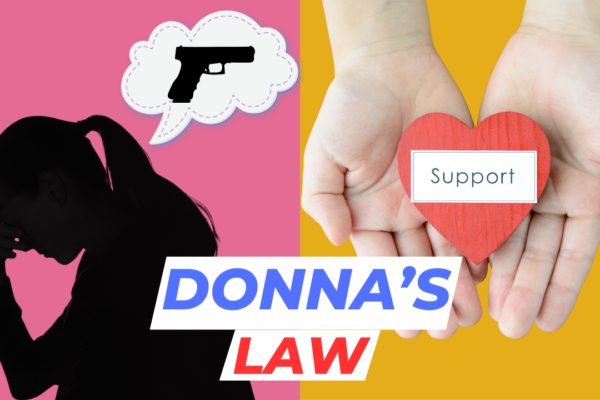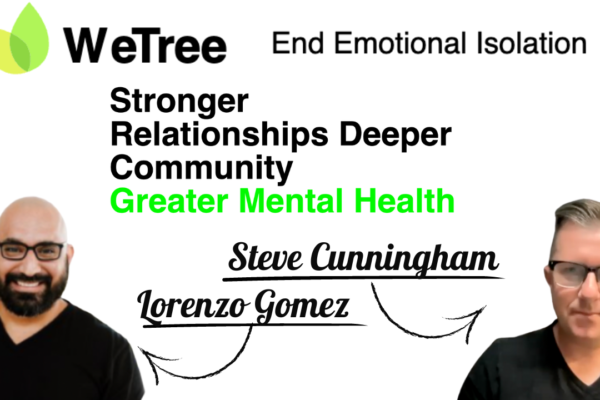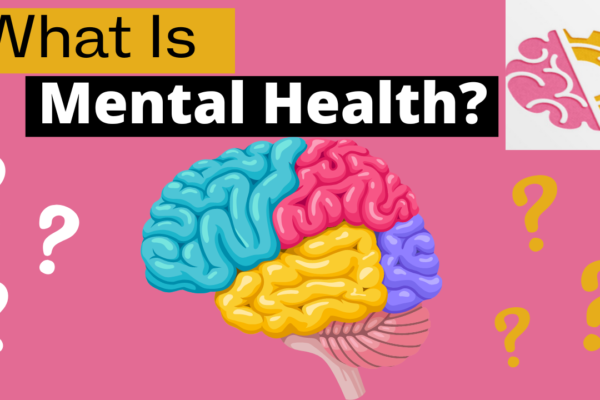Table of Contents
Don’t Let Anxiety Keep You Inside: How to Regain Control
Having anxiety to go outside, being in public spaces, or even socializing with friends? You’re not alone. Anxiety can be a real struggle, and it’s important to address it before it starts to limit your life.
In this episode of our Mental Health Q&A series, we delve into the dangers of social isolation caused by anxiety and how it can lead to a condition called agoraphobia. We’ll explore:
- Early Warning Signs: Learn how to recognize the subtle signs that anxiety is taking control.
- Understanding Agoraphobia: Discover what agoraphobia is and how it develops from social isolation due to anxiety.
- The Power of Therapy: We’ll discuss why seeking professional help from a therapist is crucial for managing anxiety.
- CBT and Habituation Techniques: Learn about effective therapy approaches like Cognitive Behavioral Therapy (CBT) and habituation therapy to help you reclaim your life.
Early Warning Signs of Anxiety Taking Control:
- Increased avoidance: You start avoiding places or situations that trigger anxiety, even if they were previously enjoyable.
- Safety seeking behaviors: You feel the need to have a trusted person with you at all times, or you only go to places with easy escape routes.
- Anticipatory anxiety: You dread situations that might cause anxiety, leading to physical symptoms like nausea, dizziness, or rapid heartbeat.
- Changes in daily routine: You limit your activities significantly due to anxiety, like avoiding public transportation, going to work, or socializing.
Understanding Agoraphobia:
Agoraphobia is an anxiety disorder characterized by an intense fear of situations that might cause panic or a feeling of being trapped, embarrassed, or helpless. This fear can lead to avoiding places or situations that you believe could trigger these feelings.
This blog post is not a substitute for professional medical advice. However, it can serve as a valuable resource to understand anxiety and agoraphobia, and the importance of seeking help.
How Does Social Isolation Lead to Agoraphobia?
Imagine anxiety as a bully on the playground. The more you avoid the bully (anxiety-provoking situations), the bigger and stronger it seems in your mind. Over time, this avoidance can become a habit, leading to social isolation. Social isolation can worsen anxiety as it reduces opportunities for positive experiences and reinforces the idea that the outside world is unsafe. This cycle can eventually lead to agoraphobia.
The Power of Therapy:
If you’re struggling with anxiety or agoraphobia, seeking professional help from a therapist is crucial. Therapists can equip you with the tools and strategies to manage your anxiety and reclaim your life.
How Can Therapy Help?
- Cognitive Behavioral Therapy (CBT): CBT helps you identify and challenge negative thought patterns that contribute to anxiety. By reframing these thoughts, you can develop a more realistic perspective and reduce anxiety.
- Habituation Therapy: This therapy involves gradually exposing yourself to the situations you fear in a safe and controlled environment. With repeated exposure, your anxiety response will naturally decrease.
Here are some additional resources you may find helpful:
- Psychology Today Therapist Finder: https://www.psychologytoday.com/us/therapists
- National Institute of Mental Health – Anxiety Disorders: https://www.nimh.nih.gov/health/topics/anxiety-disorders
*Some of the links found here are affiliate links: As an Associate I earn from qualifying purchases by way of commission at no additional cost to you. See full disclaimer here:
Watch The VIDEO
Listen To The Episode
*Some of the links are affiliate links: As an Associate I earn from qualifying purchases by way of commission at no additional cost to you.
Want to learn more? Check out my top picks for books on self-improvement and recovery HERE!
The Mental Health Toolbox: Resources and Support for Therapists Seeking Growth & Impact.
Mission Statement: To equip therapists with the tools, knowledge, and strategies they need to enhance their practice, boost their income, and ultimately, improve the lives of their clients. We achieve this through accessible, high-quality content, practical resources, and a supportive community.
NEED CRISIS HELP? If you need immediate crisis help with your depression, you can call the National Suicide Prevention Lifeline at 1-800-273-8255 or text “START” to 741-741
OUTSIDE THE UNITED STATES: See International Suicide Hotlines
WHERE TO FIND MENTAL HEALTH HELP:
-NAMI Referral Helpline: 1-800-950-6264
-California’s Statewide Mental Health Helpline: 1-855-845-7415
ASK: If you have a question you’d like me to answer here on the blog (even if you think it’s a silly one!), please use the form on the CONTACT ME page, or the comment section below. I would be happy to take a poke at it and provide a long form answer when appropriate.
SHARE: Also, be sure to share it with a friend, as there is still a lot of work to be done in raising mental health awareness.
SUBSCRIBE to get your FREE MOOD TRACKING TOOL and quick Mental Health Hacks in addition to this newsletter. Sign-up with the form below.
[mc4wp_form id=”142″]
admin
Latest posts by admin (see all)
- How to Build a Referral Engine Without the “Hustle”: - January 12, 2026
- ADHD Tips for Therapists | with Dr. Jennifer Dall - May 28, 2025
- Why Therapy Fails Men (And How to Fix It) – Insights with Marc Azoulay - May 11, 2025

